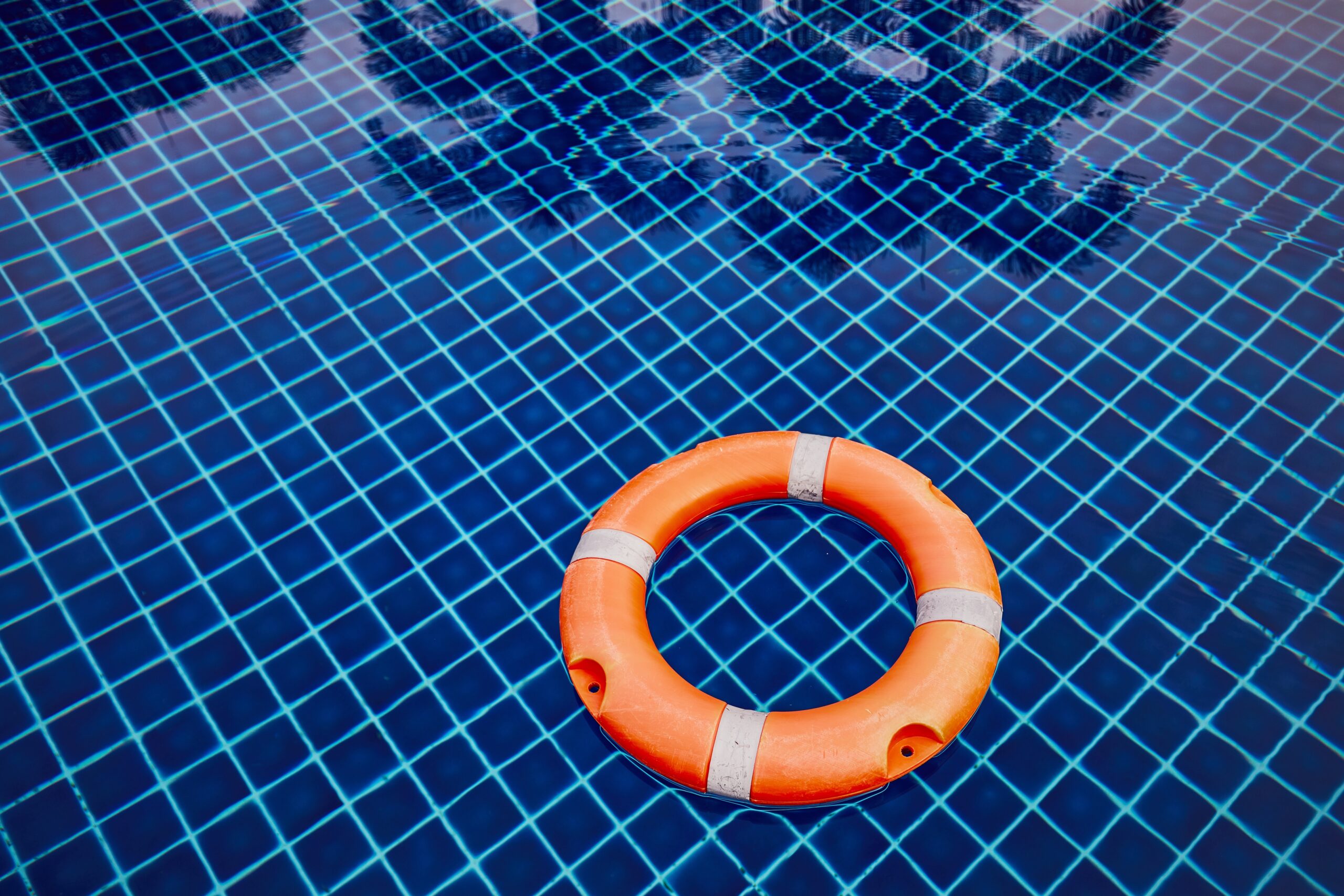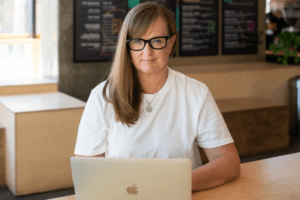As Dr Christiane Northrup writes in her book The Wisdom of Menopause, during the perimenopausal hormonal transition our brains, bodies and nervous systems are being literally “rewired”. It’s during this time we have to give up fantasies of how we think our lives will be – and summon up the courage to create the ones we want.
“At midlife, more psychic energy becomes available to us than at any time since adolescence,” writes Dr Northrup. “If we strive to work in active partnership with that organic energy, trusting it to help us uncover the unconscious and self-destructive beliefs about ourselves and our unhealed hurts that have held us back from what we could become, then we find that we have access to everything we need to reinvent ourselves as healthier, more resilient women, ready to move joyfully into the second half of our lives.”
I’ve been on my own journey for more than a decade, while not even realizing it until this last, most powerful year yet. And while each woman has to find her own way, I wanted to share some of the key drivers that helped me in case any of them might resonate with you. I think the takeaway of any healing endeavor is that after doing it, and getting somewhere, we realize that this is the work of life – and it is literally never finished until we are. Rather than being exhausting, this kind of awakening is exciting, and liberating. It’s freedom.
Overcoming Self Sabotage course
Debbie Ford’s Overcoming Self-Sabotage course on DailyOm is literally the first thing I did to help myself, and I was prompted to take it after talking with a good friend in 2008. I was telling her about my dating life, basically explaining why I felt I was having such a hard time at it – because deep down, I felt there was something wrong with me that was not wrong with other people. She waited a second and then said, “how long have you been like this?” It was the first indication by a trusted person that some of my beliefs about myself were borrowed from elsewhere, and they weren’t right. Overcoming Self Sabotage is consistently one of the most popular courses on the DailyOm website, which has a thoughtful tiered pay-what-you-can plan. It’s a great first step to starting to figure out why we act in ways that we don’t want to, why change is so hard, and how to take steps in a better direction.
Mind Over Medicine
One of the first books I read when I was in the throes of struggling with perimenopause (and didn’t know it) was the New York Times bestseller Mind Over Medicine by Dr Lissa Rankin. Although this recently updated book is not about this time of life specifically, it’s an amazing resource for healing yourself when you are lost and conventional medicine isn’t helping. It was also the first book that opened my eyes to the level of personal responsibility required to heal, grow and transform, from your tissues to your soul.
Dr Andrew Weil, Spontaneous Happiness
Dr Andrew Weil’s Spontaneous Happiness helped me connect the dots between what I ate, how I slept, alcohol use and more and the pits of depression and rollercoaster of anxiety I struggled with through my early 40s. Dr Weil offers a basic prescription of all-natural ways to balance yourself. He also convinced me of the power of Omega 3 supplementation for mood, which I found so helpful that it’s still part of my regimen. And because of him, I no longer feel guilty for buying myself flowers.
Therapy
Interspersed with years of self-guided work was four years of therapy with a psychologist over Skype. Therapy isn’t for everyone, it’s prohibitively expensive, and I could never get over the notion that it was frighteningly self-indulgent to talk about myself for an hour every week. It can be difficult to find the right therapist, and this can be exhausting when you are really struggling. It’s also really, really hard, just incredibly uncomfortable sometimes, and when you start you’ll probably find a whole bunch of excuses to cancel your appointments, like I did. But I’d encourage anyone who is struggling with their mental health to persist, because a professional can really help you see how the events of your past are impacting your present, and hopefully that can help you find some peace and freedom. My one big piece of advice about therapy is to make sure never to trust anyone else – including and perhaps especially your therapist – more than yourself.
Sheryl Paul, Conscious Transitions
I stumbled on Sheryl Paul’s Conscious Transitions platform after seeing her work recommended by the Canadian singer Alanis Morissette. There is a wealth of free information on her website, her newsletters always contain welcome and calming nuggets, and her book The Wisdom of Anxiety is a must-read for anyone who struggles. Sheryl has taught me more than anyone else that I need to feel my feelings – not stuff them down, which is what most of us learn to do early on, and which is the most damaging thing of all. Now when I’m anxious, instead of believing my anxious thoughts to be true, I ask myself “what do I really need to pay attention to? What’s this trying to tell me?” Sheryl’s also really helpful at breaking down health anxiety, and so thanks to her I’m no longer convinced I’m having a heart attack several times a week. (I still have the initial fear, but I’m able to stop myself from running with it). Here’s how she explains her work: “My approach stands apart from most others as I view all manifestations of anxiety as messengers from the unconscious designed to help you heal. Anxiety is not your enemy; it is a friend in disguise.”
Mark Groves, Create the Love
I basically went to Mark Groves university this year, taking every course he offers through his Create The Love platform. This all started when I had a misunderstanding with someone I was dating, and realized suddenly that I was so scared of rejection it was killing my ability to have a real relationship. I’d been listening to this fellow Canadian’s podcast for a while, but after a seven-day free course for Valentine’s Day, I embarked on his 30-day Rediscover Your Wholeness and it changed everything. I’ve since learned how to create a safe container for myself so I don’t have to be as anxious about what other people do or don’t do (boundaries), work through some lingering childhood “stuff” that causes me to over-function and over-care (codependence) and start showing up as my authentic self in dating, not expecting the other person to read my mind or do anything for me other than be kind, open, caring and available. This goes for my family and friends, too. I sound like a groupie, but literally everything in my life has gotten better for me in 2020 and a lot of it has to do with this guy’s guidance; he’s fully earned the title of human connection specialist and I can’t recommend his courses enough – whether you are in a relationship now or hope to be in one again.
A Mind of Your Own Dr Kelly Brogan
While Dr Kelly Brogan is frequently criticized for her alternative views, which could be described as vehemently anti-pharmaceutical, I find her work helpful, forward-thinking, deeply researched, responsible and sensible. A Mind of Your Own was a game-changer for me when it came out in 2016. By taking a deep dive into the science of our neurology, Dr Brogan explains why it’s an essential part of the human experience to navigate the “dark night of the soul” that no one wants, but we all, inevitably, will have. I think if I hadn’t read this book, and followed her advice, I would have gone on antidepressant or anti-anxiety meds. No judgement for anyone who goes that route: it feels terrible to struggle mentally. But those medications are very difficult to come off of, and often the depression and anxiety we feel – even in perimenopause – are signals of healing we need to do. That’s why I’d encourage anyone who is struggling to give Dr Brogan’s protocol a try first.
Ann Marie McQueen is the founder of Hotflash inc, a global platform to inform, inspire and entertain people in peri/menopause while bridging the gap between mainstream medicine and holistic care.






